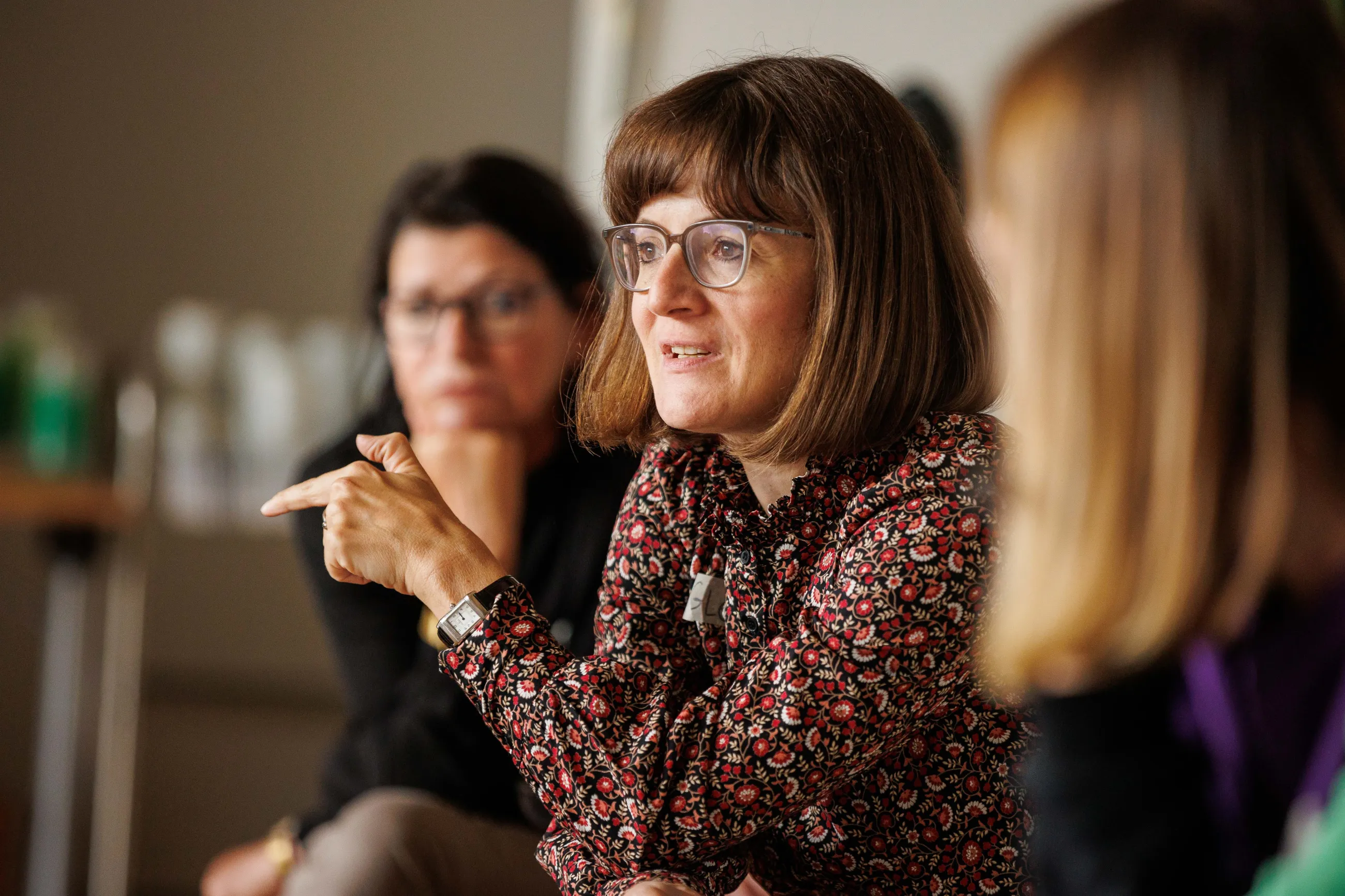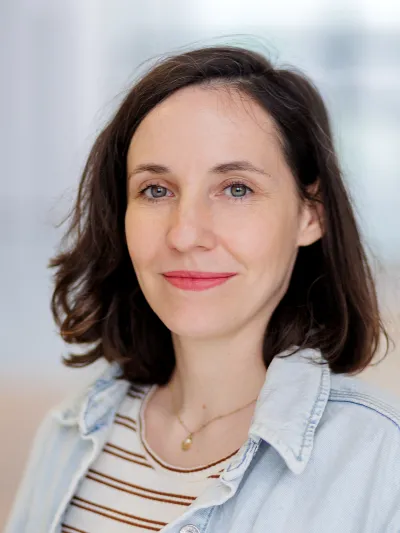Interview
Four Modules to a Financing Concept – What is important for Cultural Stakeholders

In our further education programme "Cultural Financing: Basics – Strategy – Practice", you will learn how to develop a solid financing concept for your project ideas. This November, the course starts for the 5th time and has been adapted to the current requirements of the cultural sector by Prof. Dr. Julia Glesner – the new academic director. In this interview, she reveals what participants can expect this autumn.
Julia Glesner, Professor of Cultural Management, has first-hand knowledge of the financial challenges facing the cultural sector. In this interview, she explains why crowdfunding continues to be one of the most important developments in the cultural sector and how non-profit organisations can improve their funding management. She also gives valuable tips on how to get started with creating funding concepts and sheds light on the most common reasons why well-thought-out project ideas fail.
JS: It's not just since the pandemic that those working in the cultural sector have been faced with the challenge of how to finance their projects. As we all know, necessity is the mother of invention: What developments in recent years – particularly in the area of alternative financing concepts – do you see as offering opportunities for those involved in cultural work?
JG: Crowdfunding is certainly still one of the most important developments in this area. Crowdfunding offers both new initiatives and established cultural organisations a wide range of opportunities to develop financing campaigns – and often very successfully!
However, it should not be neglected that the civil society sector in particular, i.e. many non-profit cultural associations and the like, still have the opportunity to professionalise their own funding management and thus improve their own applications or expand their funding options.
JS: All beginnings are difficult – especially when you are translating an exciting project idea into sober figures for the first time and sitting in front of an empty Excel spreadsheet. What tips do you have for cultural workers who are creating a financing concept for the first time?
JG: As with many other topics, my recommendation here is first and foremost to learn from colleagues in your own network, ask them for advice, ask for templates. Everything, just don't work away in your own little room and not know whether you are even close to meeting the expectations of the funding providers! And in the event of rejection: always ask for feedback. There is always something to learn. However, you can't do this without a tolerance for frustration.
JS: Sometimes the best project ideas fail – despite well thought-out funding. What are the most common reasons for this?
JG: When it comes to acquiring funding, it's usually simply because too many very good project ideas are competing for funding pots that are underfunded from the outset.
JS: The further education programme starts in November cultural fundingin which you support participants step-by-step in developing a customised – and solid – financing concept for their cultural project. What exactly can interested parties expect?
JG: After a basic introduction, which can also be a refresher for some, we will first focus on public funding bodies, their programmes and the field of funding law. Building on this, we will then look at sponsorship, its methods and instruments. Here we also focus on the private sector as a sponsor. The focus is on practical examples, which can come from the circle of participants. In my opinion, this is still the best way to learn.
Equipped with these tools, we will then deal with the question of how to proceed strategically in the acquisition of your own project, how to conduct efficient funding research, prepare the application, etc. Crowdfunding will be a separate focus. We are offering a workshop in which participants can try out what they have learnt directly on their own topics.
JS: Who is the training programme aimed at?
The training is aimed at anyone who wants to get started in the field of cultural financing or wants to deepen their knowledge of the basics. It is particularly suitable if participants want to work on their own topics or projects – but this is not a prerequisite!
The interview was conducted by Julia Sammler.
